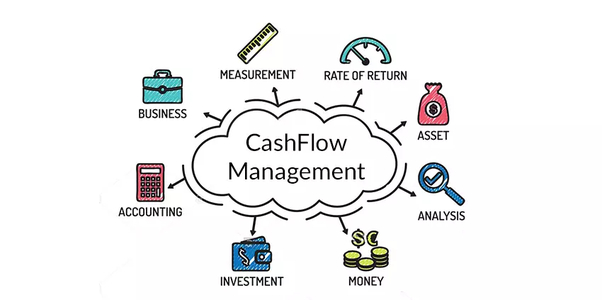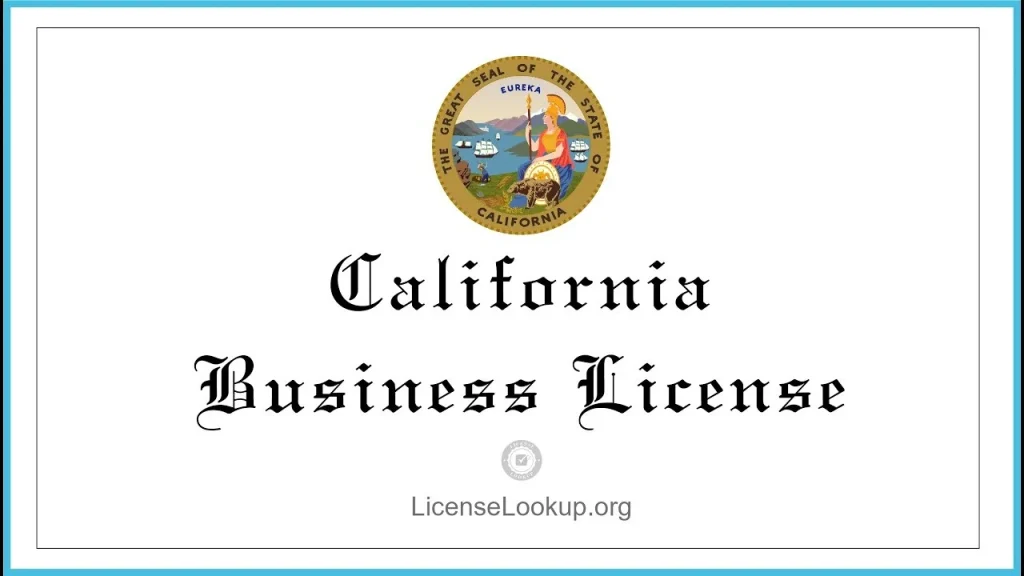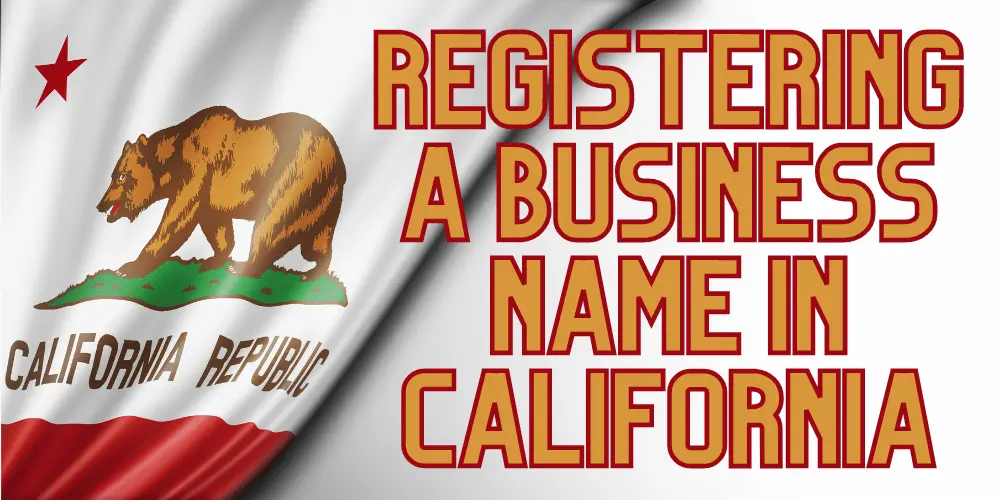Business checks are vital for companies to pay their bills, employees, and suppliers. They serve as a record of financial transactions, helping businesses track their expenses and maintain accurate accounting. When a business pays with a check, it creates a paper trail that can be crucial for tax purposes and audits.
Businesses receive payments via checks that they need to cash for various reasons. This could be to access funds quickly to cover operational costs, pay vendors, or make urgent purchases. Cashing a business check promptly ensures that the business can use the funds for necessary expenses. Additionally, some businesses may need to cash checks to accommodate employees who prefer this method of payment.
Table of Contents
Types of Business Checks
Businesses use various types of checks for different purposes.
Payroll Checks
Pay employees their wages or salaries. Includes details like employee’s name, amount paid, and deductions. Issued regularly, usually bi-weekly or monthly. Ensures employees receive their earned income on time. Helps businesses maintain accurate records of employee payments.
Vendor or Accounts Payable Checks
Used to pay invoices to suppliers or vendors. Includes payee’s name, amount, and invoice number. Ensures timely payments to maintain good relationships with suppliers. Helps businesses manage cash flow and track expenses. Important for maintaining a smooth supply chain and receiving necessary goods and services.
Cashier’s Checks
Drawn from the bank’s funds, not the account holder’s. Often used for large transactions or payments. Provides a guarantee of payment to the recipient. Ensures security for high-value transactions. May be required for real estate purchases or legal settlements.
Certified Checks
Guaranteed by the bank, ensuring funds are available. Often used for significant purchases or payments. Provides a higher level of assurance to the payee. Commonly used for large business transactions or legal requirements. Offers security for both the payer and the recipient.
Business Expense Checks
Used to reimburse employees for business-related expenses. Requires receipts or documentation for verification. Helps manage and track business expenses. Ensures employees are compensated for their out-of-pocket costs. Facilitates accurate financial reporting and budgeting for business operations.
How Business Checks Differ from Personal Checks
Business checks and personal checks serve different purposes and have distinct features.
- Purpose: Used for business-related transactions such as paying employees, vendors, and suppliers. Often have the company’s name, logo, and address pre-printed on them. Designed for business accounting and expense tracking. Used for personal transactions like paying rent, bills, or personal purchases. Typically have the individual’s name and address pre-printed. Used for personal banking and budgeting.
- Design and Information: Include the company’s name, logo, and address. Often have additional security features like watermarks or holograms. May have lines or spaces for recording invoice numbers or purchase order details. Usually feature the individual’s name and personal address. May have decorative designs or patterns. Often do not have extra security features beyond standard bank checks.
- Authorization: Require signatures from authorized signatories, such as business owners or managers. These signatures verify the legitimacy of the transaction and ensure proper authorization. Require the individual’s signature, verifying the transaction. Generally used for smaller, personal expenses.
- Use of Check Stubs: Often come with detachable check stubs. These stubs provide a record of the transaction details, such as payee, amount, and purpose. Useful for business accounting and record-keeping. Typically do not have check stubs. Transaction details are recorded in the individual’s personal check register or online banking system.
- Size and Quantity: Usually larger to accommodate additional information and check stubs. Often ordered in larger quantities to meet ongoing business needs. Smaller in size, fitting standard checkbook covers. Ordered in smaller quantities for personal use, as needed.
- Compliance and Regulation: Must comply with business accounting and tax regulations. Businesses may need to use specific check formats for tax and auditing purposes. No specific regulatory requirements beyond standard banking regulations. Used for personal financial transactions and record-keeping.
Places to Cash Business Checks
When a business needs to cash a check, they have a few options to choose from. The first and most straightforward option is their own bank or credit union. Since the business already has an account there, cashing a business check is usually easy and free of charge. The bank knows the business, and they can often process the check quickly.
Another option is check cashing stores, which specialize in cashing various types of checks, including those from businesses. While they may charge a fee for the service, it’s a convenient choice for businesses without bank accounts or those needing cash immediately. These stores are designed to handle check cashing quickly and efficiently.
For businesses that want a more integrated solution, payroll service providers like ADP or Paychex offer check cashing services. Employees can receive their paychecks through direct deposit, or the business can request check cashing services for a fee. This option is particularly useful for businesses that use these services for payroll management.
Lastly, there are check cashing apps like Ingo Money or PayPal’s Cash a Check feature. These apps allow businesses to cash checks using their smartphones. They simply take a picture of the check and receive the money electronically. While this can be convenient, especially for businesses on the go, there are often fees and limits associated with using these apps.
Alternatives to Cashing Business Checks
Businesses can choose the method that best fits their needs in terms of speed, convenience, security, and cost-effectiveness.
Deposit to Business Bank Account
Deposit the check into the business’s bank account for easy access. Funds are available for checks, debit cards, or electronic transfers. Convenient for tracking transactions and centralizing funds. Provides a clear record of income and expenses. Bank branches or ATMs are usually available for deposits.
Mobile Deposit
Take a picture of the check with a smartphone and deposit it using the bank’s mobile app. Funds are typically available within one to two business days. Quick and convenient alternative to visiting a bank branch. Requires a stable internet connection and the bank’s mobile app. Check deposit limits and eligibility for mobile deposit.
Electronic Funds Transfer (EFT)
Ask the payer to send funds directly to the business’s bank account. Secure, fast, and avoids the need for physical checks. Commonly used for salaries, vendor payments, and bill payments. Requires the business’s bank account information. Can set up recurring EFT payments for convenience.
Wire Transfer
Receive funds quickly and securely through wire transfers. Payer sends funds directly to the business’s bank account, usually within hours. Suitable for urgent or high-value transactions, but may have fees. Requires the business’s bank account and routing numbers. International wire transfers may take longer and have additional fees.
ACH (Automated Clearing House) Payments
Provide bank account information to receive payments electronically. Commonly used for recurring billing, subscriptions, and direct deposits. Efficient and secure method for receiving funds. Requires authorization from the business to debit the account. Funds are transferred electronically between banks within a few business days.
Conclusion
Businesses have many choices for cashing checks beyond traditional methods. Depositing checks into the business bank account is easy, providing funds for transactions and financial tracking. Mobile depositing with a smartphone is quick for businesses on the move. Electronic Funds Transfers (EFT) and wire transfers are secure options for fast payments directly into the bank account.
ACH payments allow for recurring bill payments and direct deposits, making finances smoother. Payment apps and online gateways offer digital solutions for receiving payments, especially useful for online businesses. Lastly, prepaid cards give businesses control over expenses, providing easy access to funds for purchases.







